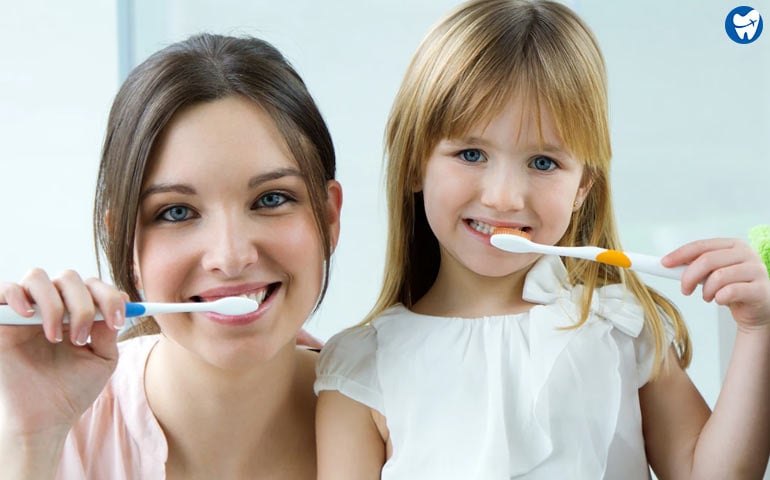The most efficient technique for good oral health is to brush your teeth. But do you know that a toothbrush has an expiry date like any other beauty product?
Replace Your Toothbrush Every 3–4 Months for Good Oral Health
We’ve grown up hearing that we should brush our teeth twice daily. But we are rarely told how often we should replace our toothbrushes.
This article will help you know everything about replacing your toothbrush. Keep on scrolling!
What Is the Lifespan of My Toothbrush?
According to the American Dental Association, toothbrushes must be replaced every three to four months. [1]
However, if you notice that the bristles of your brush become frayed or matted before the stated period, change it immediately.
Why Do I Need to Replace My Toothbrush?
To keep our teeth clean, we brush them. However, for it to be effective it must hold some abrasiveness.
If your toothbrush is worn out, using it won’t clean your teeth properly. This will lead to plaque buildup.
It can further lead to dental problems such as caries, severe tooth decay, or infections. [2]
You should follow the same measures in the case of an electric toothbrush too. If the head’s bristles are frayed, replace it as soon as possible.
How Do I Know That My Toothbrush Needs a Replacement?
Pointing out an overused toothbrush is no rocket science and, you don’t need an expert opinion for it either. Check out the simple observations below.
- The bristles of your toothbrush are frayed beyond its base. [3]
- Your teeth don’t feel clean even after brushing your teeth for two minutes.
- There is a foul odor coming from your toothbrush.
- You don’t remember the last time you replaced your toothbrush? Change it now!
What Happens if I Do Not Replace My Toothbrush?
An old toothbrush with frayed bristles will lose its capacity to remove plaque and food debris from your teeth. [4]
In this case, plaque buildup will damage tooth enamel and cause serious dental issues such as tooth loss, gum disease, and more. [5]
In the longer run, not only will it affect your oral hygiene but also your finances. As dental care is exponentially expensive in the USA. [6]
Are There Any Tips to Maintain My New Toothbrush?
The short answer is yes. Let us show you how.
- Rinse your toothbrush thoroughly after brushing.
- Keep your toothbrush upright after use and allow it to air dry.
- Don’t place your toothbrush in a container, as it can promote bacterial growth.
- Don’t share your toothbrush with anyone else, not even your close family members, as it allows transmission of germs and bacteria.
Source: ADA [7]
Conclusion
Now you know why and when to change your toothbrush. So, get in the habit of routinely purchasing new ones.
It is always better to be safe than sorry, so keep a spare piece handy!


